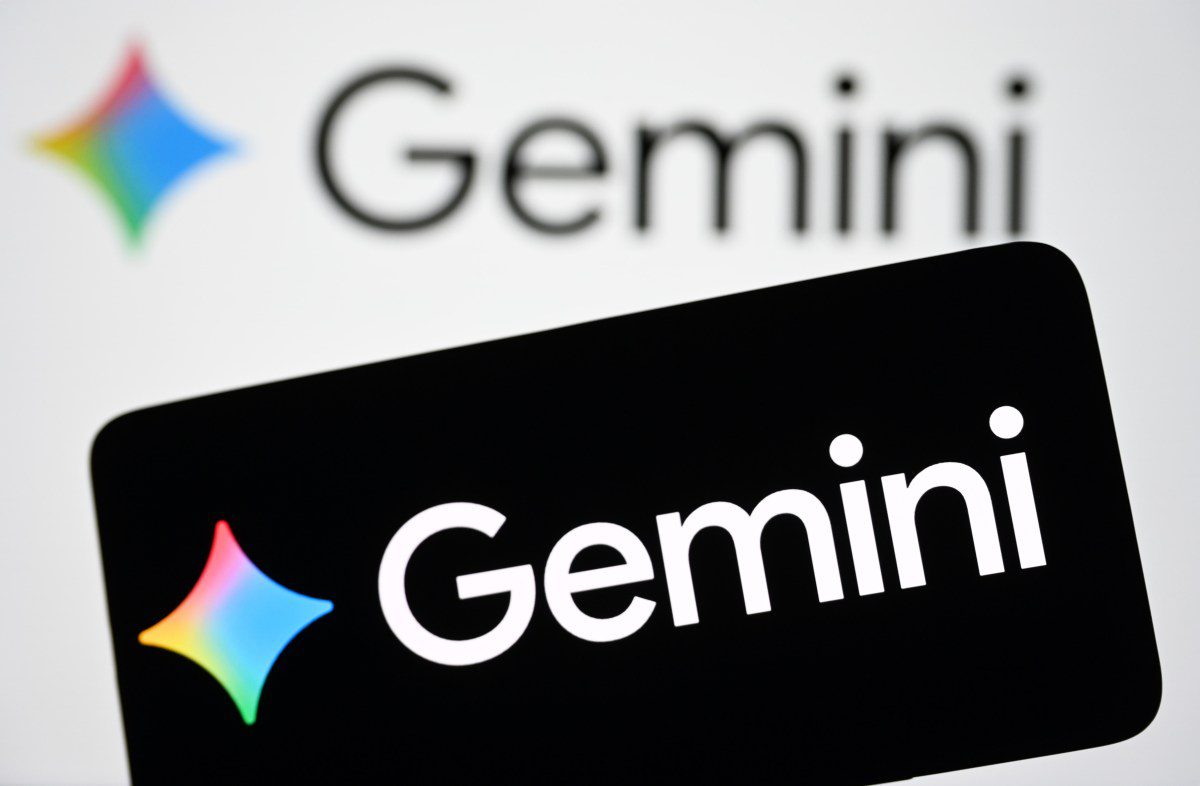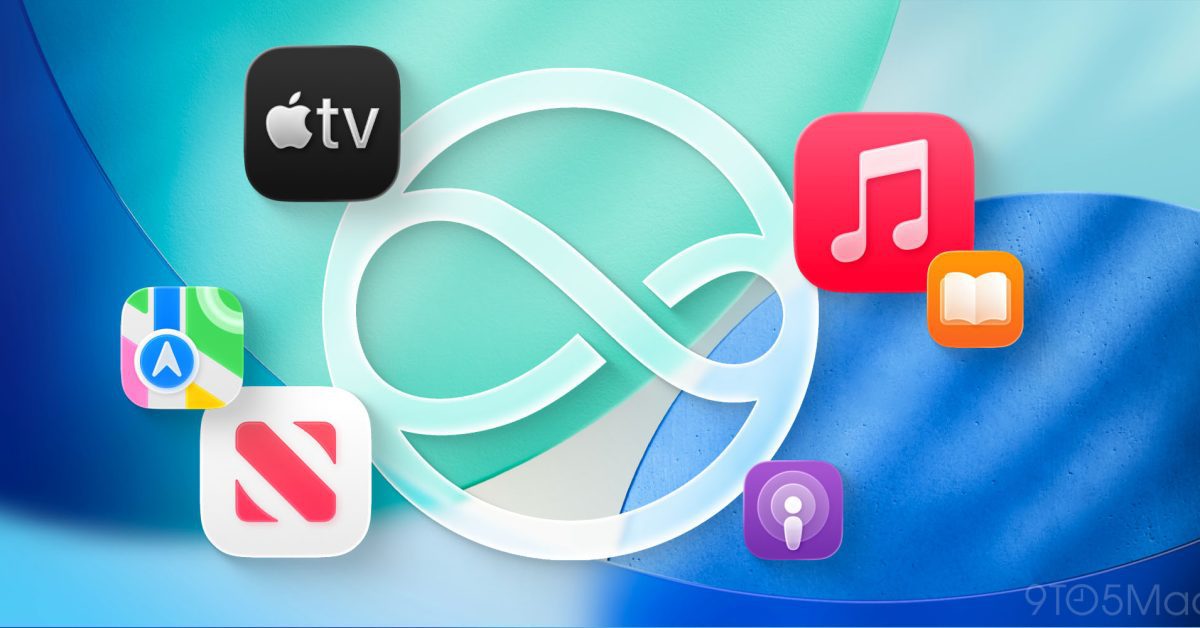
google meet launches an ai-powered makeup feature Google Meet has introduced a new AI-powered makeup feature designed to enhance users’ appearance during video calls.
google meet launches an ai-powered makeup feature
Overview of the New Feature
In a move that reflects the growing intersection of technology and personal grooming, Google Meet has launched an innovative makeup filter. This feature is particularly aimed at users who may not have the time or inclination to apply traditional makeup before a video conference. The makeup filter allows users to achieve a polished look with minimal effort, utilizing advanced artificial intelligence to simulate makeup effects in real-time.
Functionality and User Experience
The makeup filter employs sophisticated algorithms to analyze the user’s facial features and apply virtual makeup accordingly. Users can choose from a variety of options, including lipstick shades, blush, and eye makeup. The interface is designed to be user-friendly, allowing individuals to easily toggle different looks and adjust the intensity of the makeup effects.
One of the standout features of this tool is its ability to adapt to different lighting conditions. Whether in a dimly lit room or under bright overhead lights, the AI adjusts the makeup application to ensure a natural appearance. This adaptability is crucial for maintaining a professional look during video calls, which have become a staple of remote work and virtual communication.
Implications for Remote Work and Communication
The introduction of the AI-powered makeup feature comes at a time when remote work is more prevalent than ever. As professionals continue to engage in virtual meetings, the pressure to present oneself well has increased. This feature aims to alleviate some of that pressure by providing a quick and easy solution for enhancing one’s appearance.
Moreover, the feature reflects broader trends in the workplace, where personal grooming and appearance can impact perceptions of professionalism. According to a survey conducted by LinkedIn, nearly 70% of professionals believe that looking good on video calls can influence their career advancement. Therefore, tools like the Google Meet makeup filter may serve as valuable assets for individuals looking to make a positive impression.
Stakeholder Reactions
The launch of the makeup filter has elicited a range of reactions from users and industry experts alike. Many users have expressed excitement over the feature, appreciating the convenience it offers. “It’s great to have a quick way to look more put-together without spending a lot of time on my makeup routine,” said one user in a recent online forum.
However, some critics have raised concerns about the implications of such technology. Questions about authenticity and the pressure to conform to beauty standards have surfaced in discussions surrounding the feature. Critics argue that while the tool is intended to empower users, it may inadvertently reinforce societal expectations regarding appearance.
Technical Aspects of the Makeup Filter
The technology behind the makeup filter is rooted in advanced machine learning and computer vision. Google has leveraged its expertise in AI to create a system that not only recognizes facial features but also understands how different makeup styles can enhance those features. This capability allows for a more personalized experience, as the filter can adjust makeup styles based on individual facial structures.
Additionally, the makeup filter is designed to be lightweight, ensuring that it does not compromise the performance of Google Meet during video calls. Users can expect smooth operation without lag, which is crucial for maintaining the flow of conversations in professional settings.
Privacy Considerations
As with any AI-driven feature, privacy concerns are paramount. Google has stated that the makeup filter processes images locally on the user’s device rather than sending them to external servers. This approach helps to protect user privacy while still delivering a high-quality experience. Nonetheless, users are encouraged to review Google’s privacy policies to understand how their data is handled.
Future Developments and Enhancements
Looking ahead, Google is likely to continue refining the makeup filter based on user feedback and technological advancements. Potential future enhancements could include the addition of more diverse makeup styles, catering to a wider range of skin tones and preferences. Such developments would not only improve user satisfaction but also promote inclusivity within the platform.
Furthermore, Google may explore partnerships with beauty brands to offer exclusive makeup looks or tutorials, creating a more integrated experience for users. This could also open up new avenues for monetization and brand engagement within the Google Meet ecosystem.
Comparative Analysis with Other Platforms
The introduction of the makeup filter positions Google Meet alongside other video conferencing platforms that have begun to incorporate similar features. For instance, Zoom has also experimented with virtual makeup filters, and platforms like Snapchat have long offered augmented reality (AR) filters for enhancing appearance. However, Google’s approach focuses on a more professional setting, aiming to balance enhancement with authenticity.
This differentiation may appeal to users who are looking for a solution that aligns with their professional image while still offering the benefits of modern technology. As competition in the video conferencing space intensifies, features like the makeup filter could become a key differentiator for Google Meet.
Conclusion
The launch of the AI-powered makeup feature in Google Meet represents a significant advancement in the realm of virtual communication. By combining technology with personal grooming, Google is addressing a common concern among remote workers: the need to look presentable without the time commitment of traditional makeup application. While the feature has garnered enthusiasm from many users, it also raises important questions about societal beauty standards and authenticity in the digital age.
As Google continues to innovate within its platform, the makeup filter could pave the way for further enhancements that not only cater to aesthetic preferences but also promote inclusivity and diversity. The ongoing evolution of video conferencing tools will likely reflect broader societal trends, making it essential for users and stakeholders to engage in discussions about the implications of such technologies.
Source: Original report
Was this helpful?
Last Modified: October 15, 2025 at 6:38 am
6 views















